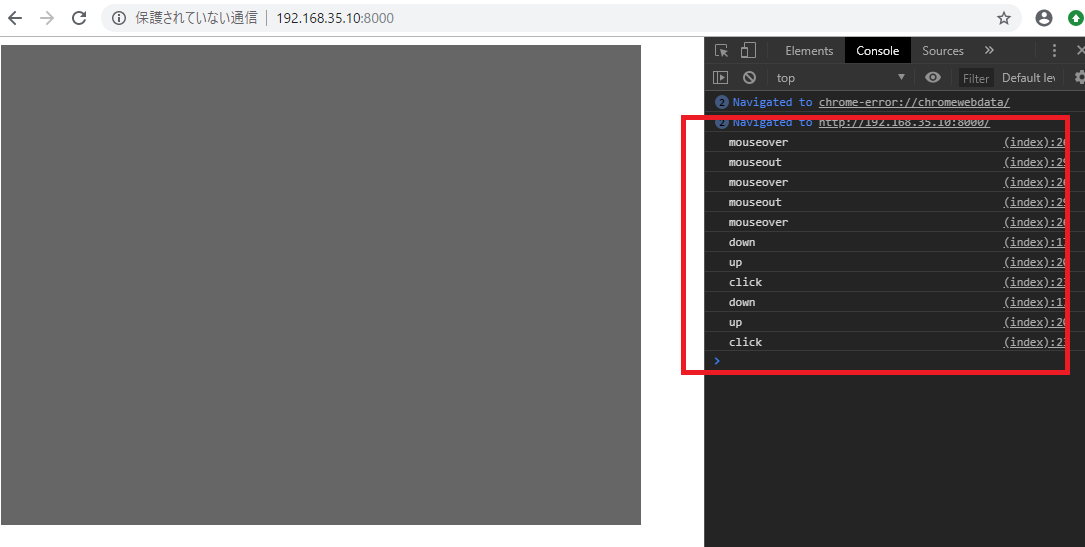yum update “software”
→ update software
yum remove “software”
-> Uninstall software
yum list installed
-> display a list of already installed
yum list installed | grep “software name”
-> display the version name of the specified software
yum list
-> display a list of installable software
yum list updates
-> this is a list of installed software that requires update
[vagrant@localhost ~]$ yum list installed
読み込んだプラグイン:fastestmirror
Repository nodesource is listed more than once in the configuration
Repository nodesource-source is listed more than once in the configuration
Loading mirror speeds from cached hostfile
* base: ty1.mirror.newmediaexpress.com
* extras: ty1.mirror.newmediaexpress.com
* remi-safe: ftp.riken.jp
* updates: ty1.mirror.newmediaexpress.com
[vagrant@localhost ~]$ rpm -qa | grep openssl
openssl-devel-1.0.1e-57.el6.x86_64
openssl-1.0.1e-57.el6.x86_64
[vagrant@localhost ~]$ yum list installed | grep openssl
openssl.x86_64 1.0.1e-57.el6 @base
openssl-devel.x86_64 1.0.1e-57.el6 @base


